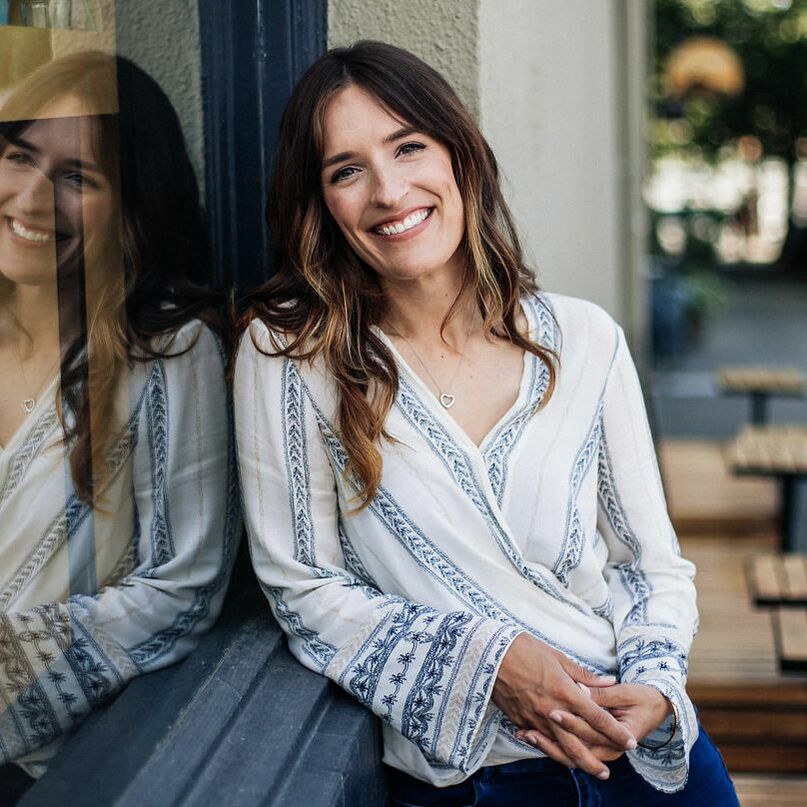Mindful Movement eBook - Digital Download
$0.00
Most of us have experienced the joy of moving our bodies at one time or another, even if it was a really, really long time ago. As children, we knew the magic of movement. Maybe it was running wild outside, or feeling the breeze on your face the first time you rode a 2-wheeler. Perhaps it was learning how to play a sport, or spending hours of a hazy, summer afternoon engrossed in fantasy play, pretending to be fairies and creating special concoctions with wildflowers. That magic and thrill is still inside of you, and it has illuminated itself to you in little and big ways throughout your life -- our mission, here, is to remember it. Exercise can be a bridge to a deep, satisfying, and meaningful relationship with your body. But it also can be tension-filled and frustrated by a self-critical relationship with your body. This comprehensive workbook asks you to examine your personal story with movement through the years, challenge critical or painful beliefs, and expand your understanding of your relationship to movement. This workbook is perfect if you struggle with exercise avoidance and feel unsure of how to start moving your body. Alternatively, if you've struggled with compulsive exercise and are unsure how to have a relationship with movement that is flexible, attuned to your body, and sustainable -- this workbook will help you get started. Additionally, I encourage you to consider reaching out to a professional who can walk along side you as you unpack these questions. Thank you for downloading this workbook! I'm sending you encouragement and compassion as you dig into these rich topics. If you've lost your spark and joy with exercise, and you wish it could feel better, you are not alone. The reasons people lose their spark with movement often have to do with social/cultural pressures, negative experiences with exercise growing up, injury and illness, or using exercise as the primary coping skill for stress, shame, or feelings of unworthiness.
Consider these different examples:
Can you relate to any of these negative experiences? Healing your relationship with exercise may feel far-fetched, maybe even impossible. Perhaps there are lots of self-judgements that come up as you consider trying something different with movement: "I'm too old to start changing this now." .. "I've tried so many things, how would this be any different?".. "I wouldn't even know where to begin." This was my consideration in forming this workbook, was to give you a new lens with which to view your relationship with movement. Rather than fostering self blame and comparison to others, I encourage you to look with compassion, curiosity, and kindness at your own story. I prompt you to ask, "In what ways has my life and experiences contributed to how I view exercise today?" I take you through journaling exercises that show the highs and lows of your own story to give you a road map for the future. (Ps. The Discover Your Core Values Worksheet goes really well with the themes in this workbook!) Please reach out to me to share your takeaways from this workbook! I look forward to hearing from you! A final note: This workbook is not a substitute for medical advice. If you are in recovery from an eating disorder / disordered eating, I encourage you to seek individual therapy with a Dietitian, Physician, and Therapist. Before beginning/continuing exercise, please make sure that your physician has fully evaluated you for medical safety and discussed the appropriateness of your goals with your treatment team.
0 Comments
|
Sarah VothNutrition Therapist & Sports Dietitian, and Certified Eating Disorder Registered Dietitian (CEDRD) Archives
April 2023
Categories |

 RSS Feed
RSS Feed